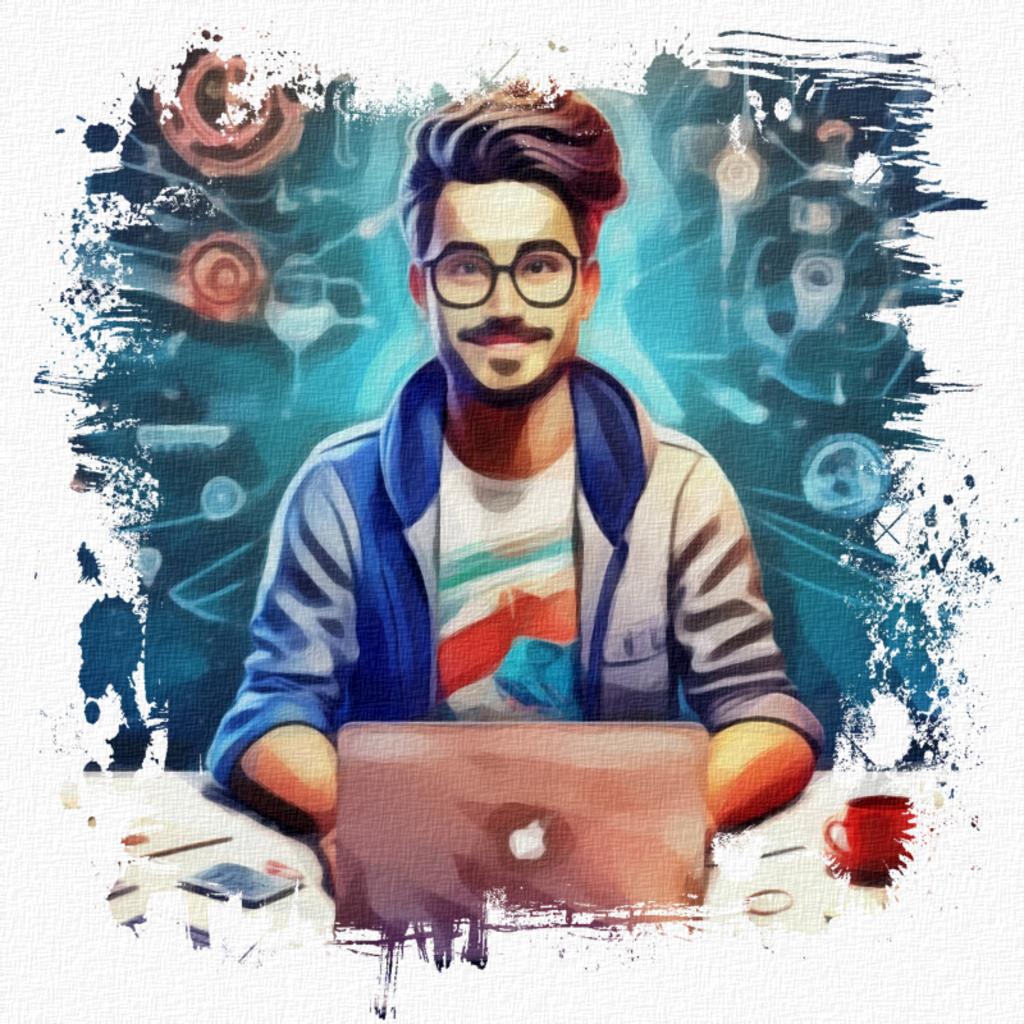Introduction to OpenAI and Its Capabilities
Hello, exciting world of mobile app development for small businesses! In the digital age, technology development has given entrepreneurs a variety of options to grow their market share. OpenAI, a cutting-edge AI platform, has revolutionized iOS mobile app development and optimization. Huge inventions come with enormous legal and responsibility burdens.
Let us examine the fascinating complexity that OpenAI offers to the field of freelance iOS development and mobile app development for small businesses.
OpenAI Provides iOS Mobile App Development for Small Businesses
Small businesses seek mobile app development innovations. As OpenAI matures, developers can adjust production with powerful tools. OpenAI for freelance iOS app development speeds up data analysis and natural language processing for small businesses.
OpenAI's powerful algorithms speed up content creation, saving designers time and money. For small businesses, this technology opens up a world of possibilities for dynamic and engaging user experiences. OpenAI offers advanced software, such as natural language chatbots and personalized recommendations.
Using AI-driven technologies like OpenAI, independent developers can improve their services and attract more small business clients seeking unique mobile app development for small businesses.
Lawsuits Encountered by Freelance iOS Developers Utilizing OpenAI
Freelance iOS developers who specialize in mobile app development for small businesses may face legal issues. Intellectual property and copyright issues are major challenges. AI-generated material makes it harder to establish ownership rights and avoid infringement.
Additionally, AI in app development has ethical consequences. Maintaining user confidence requires transparency and permissions. Developers must tread carefully in this complex legal landscape.
Freelancers using OpenAI should use explicit contracts that define ownership rights and usage restrictions to reduce risk. To avoid legal problems, keep up with AI laws.
Copyright and Intellectual Property may be Problematic
If freelance iOS developers use OpenAI mobile app development for small business, potential copyright and intellectual property issues may arise. It can be difficult to determine ownership rights when using AI-produced code or information.
Clients could wonder who is the owner of the rights to the AI-generated components in their app—OpenAI, the client, or the freelance iOS developer? This ambiguity could lead to ownership and usage rights issues.
Incorporating text or designs created by AI that resemble already-copyrighted material also increases the risk of inadvertently infringing. Developers must ensure that any third-party resources used with OpenAI in mobile app development for small businesshave the appropriate licensing.
Before starting any project incorporating AI technology, freelance iOS developers and clients should have explicit contractual agreements defining intellectual property ownership in place to reduce these risks. Navigating this intricate terrain also involves routinely checking for possible violations and remaining up-to-date on copyright regulations.
For more information, contact me.
The Ethics of AI Application Development
As AI becomes more prevalent in app development, particularly in freelance iOS and mobile app development for small businesses, ethical issues are surfacing within the tech sector. One issue is AI algorithms' potential bias, which might lead to biased app results. Developers must train AI algorithms on many objective data sets to avoid bias.
AI application development transparency is another ethical problem. We should inform users about AI-powered systems to enable them to make informed consent and data protection decisions. When designing AI capabilities, developers must prioritize user safety and security to prevent data abuse.
Freelance iOS developers using OpenAI technologies for small businesses must be proactive in handling moral problems. Maintaining morality while maximizing AI innovation in mobile app development is crucial.

Methods for Lowering Legal Concerns while Using OpenAI
When using OpenAI for freelancing iOS mobile app development for small businesses, there are legal considerations to take into account. Freelance engineers can reduce these risks by reading the OpenAI terms of service. Appropriate attribution of AI-generated app content can aid in preventing copyright infringement.
Freelancers should also use specific contracts with clients to stipulate AI-generated material ownership rights. Asking intellectual property law experts for advice can help avoid legal issues.
OpenAI use requires regular updates to licenses and permissions. Frequent assessments of data protection and ethical standards would protect AI-powered mobile app development initiatives for small businesses from legal issues.
The Prospects of OpenAI and Freelance App Development
If OpenAI keeps pushing AI technology, independent iOS developers making mobile apps for small businesses will have a bright future. OpenAI can assist developers in crafting inventive solutions, yet we must tackle the legal and ethical obstacles.
By adhering to copyright and intellectual property laws, implementing appropriate attribution procedures, and being upfront with clients about using AI technologies like OpenAI, freelancers specializing in iOS and mobile app development for small businesses can successfully reduce legal risks. To maintain user and stakeholder confidence in app development, keep moral values in mind by ensuring AI application openness.
OpenAI and freelance iOS developers who specialize in mobile app development for small businesses can collaborate to produce creative mobile apps that boost company growth. The next several years will see the mobile app development market for small businesses transformed by OpenAI and independent app developers' focus on compliance, ethics, and innovation.